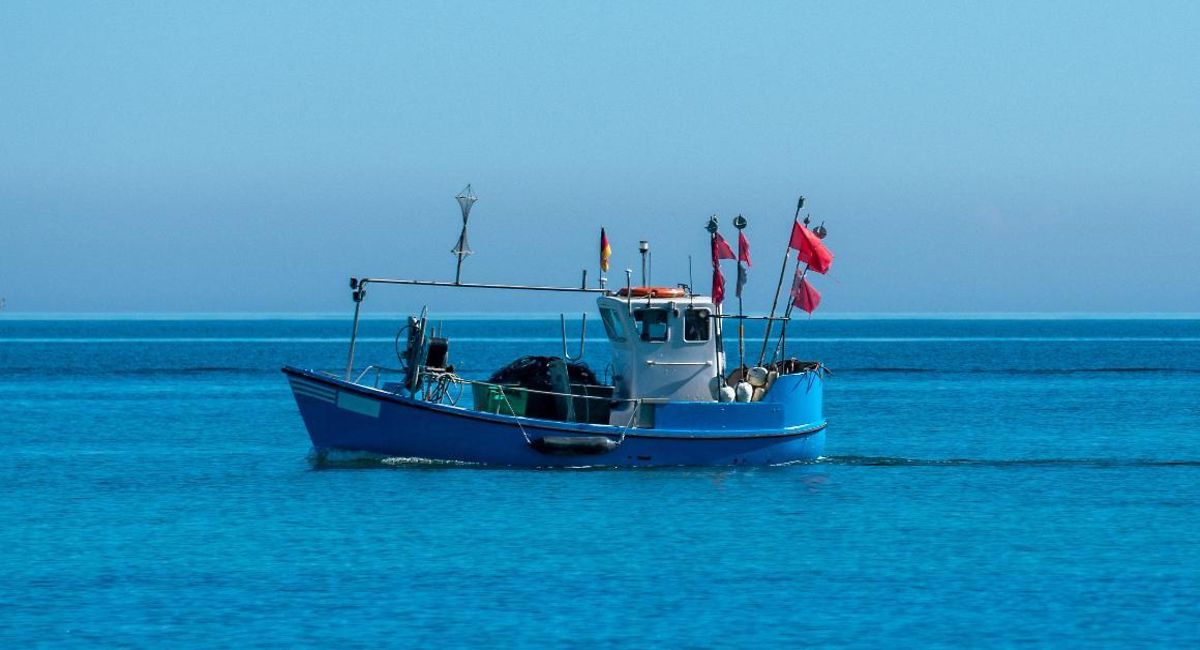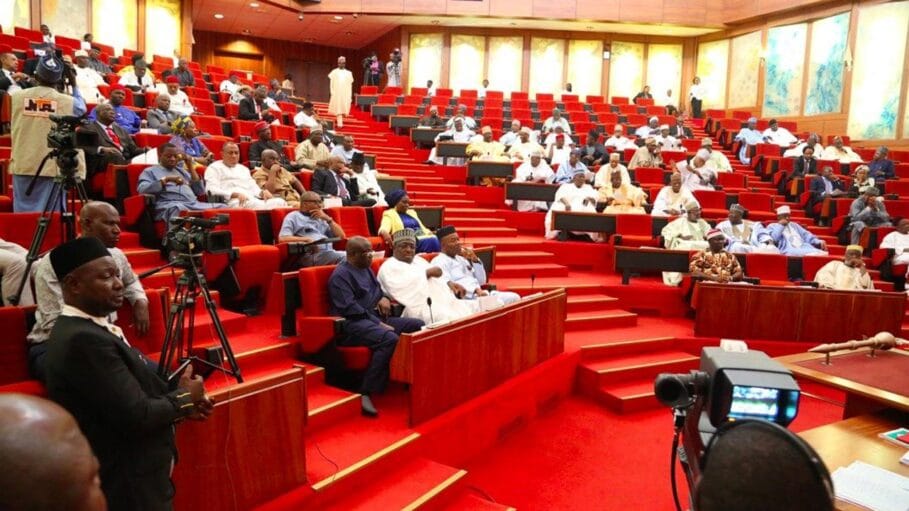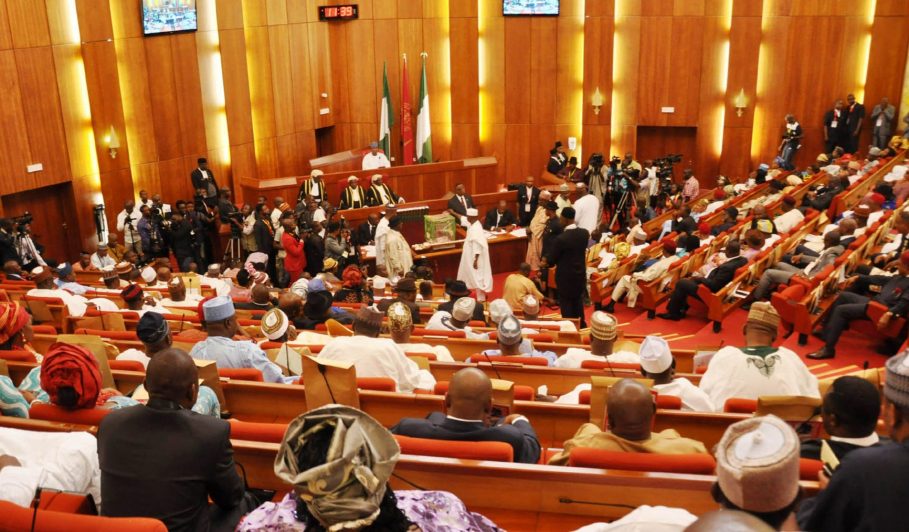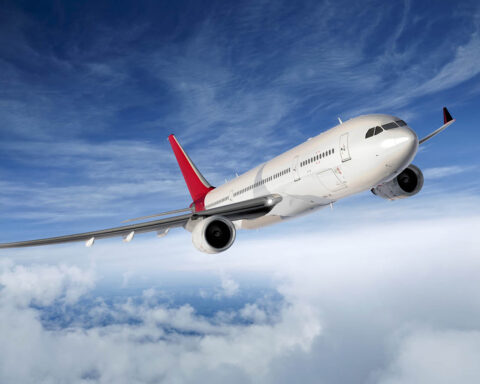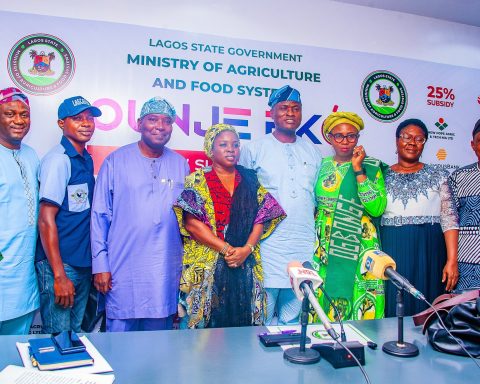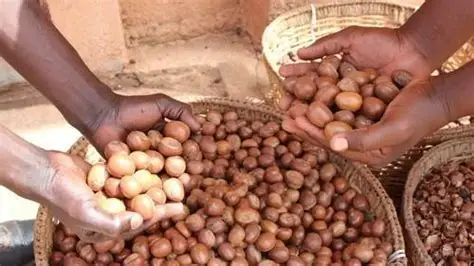EU talks to agree on the size of future fish catches from the Baltic Sea have entered their second day.
Fisheries ministers had still not reached an agreement by Tuesday morning, more than 20 hours after the start of negotiations.
The talks are complicated because many Baltic Sea stocks are in critical condition.
Join our WhatsApp ChannelEnvironmentalists have been complaining about excessive catches for years.
The permitted quotas are first proposed by the European Commission on the basis of scientific advice from the International Council for the Exploration of the Sea (ICES).
Ministers from the EU member states must then reach an agreement.
Last year, the catch limit for western herring in 2021 was reduced by 50 per cent to just under 1,600 tons EU-wide.
At that time, however, it was also decided that five per cent more could be caught from the western cod stock – a total of 4,000 tons.
Significant cuts are now expected for these two staples of the Baltic Sea fishery.
The responsible EU Commissioner, Virginijus Sinkevicius, stressed on Monday that the debate on catch limits had not only an ecological but also a social dimension.
Baltic Sea fishing in Germany, for example, is shrinking with just 400 professional fishermen currently working there.
In 2010, there were around 650, and in the early 1990s, more than 1,300.
Environmentalists have long criticised excessive catches, warning of overfishing and considerable damage to the sea’s ecosystem.
The WWF, for example, says warnings have been “dismissed as hysterical and consistently ignored’’.
Politicians had failed for 20 years to manage the cod there responsibly, the organisation said.
Recreational fishermen are currently allowed to catch five cod per day – except during the closed season.
This could now be significantly reduced.


